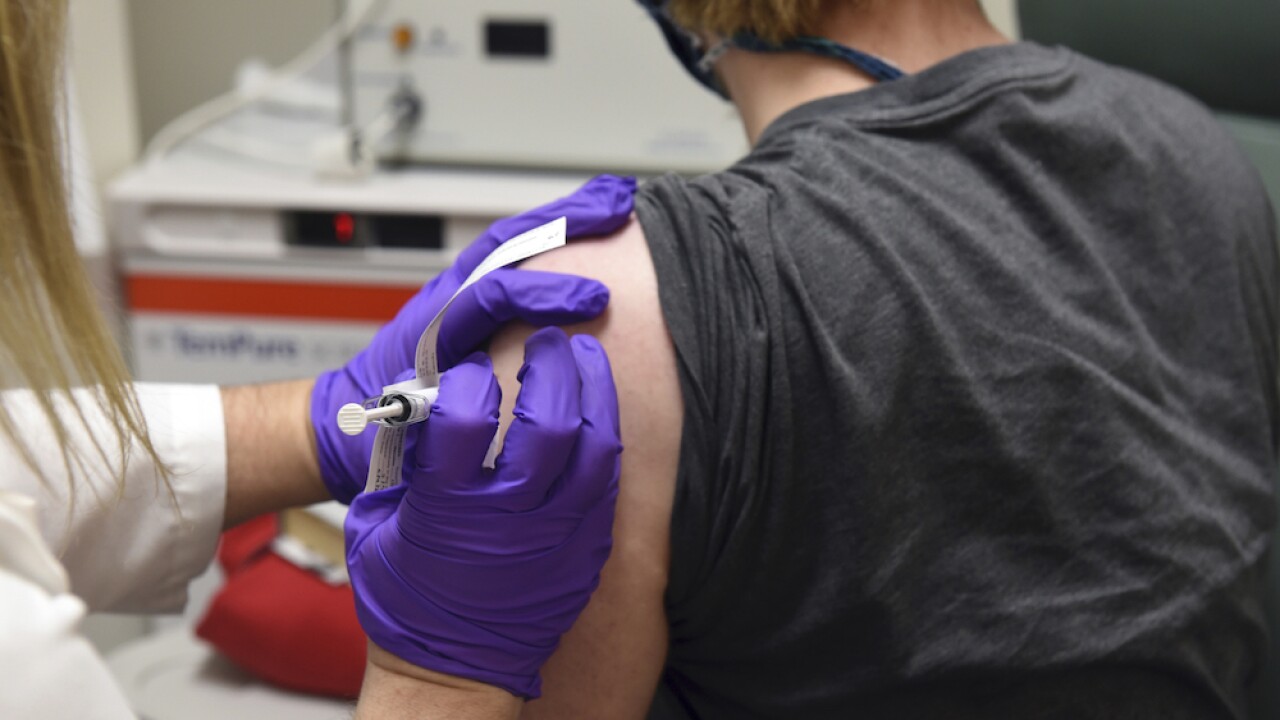INDIANAPOLIS — The Indiana State Department of Health announced this week that the state will soon receive more than 50,000 doses of COVID-19 vaccine for health care workers.
Scammers are using this information to try to get your money and your personal information.
Experts say con artists are taking advantage of the confusion surrounding vaccines and are sending people messages via email, text, and social media offering early access to the vaccine.
In exchange, you may have to enter your credit card information, bank account number, or other personal information.
Kelly Griese, Senior Investor Education Coordinator with the Indiana Secretary of State’s Office, says the COVID-19 vaccine scam is especially concerning.
"These scams can be a really big deal, especially in a public health emergency because it prevents people from getting the information that they actually need,” said Griese.
Scammers may pose as the health department, pharmaceutical company, insurance company, or your medical provider to try to dupe you.
"The scammers are really talented, and people need to realize— for them, this is their job,” said Griese. "It's the scammer’s job to get your money and information, and often they're working in sophisticated networks in other countries."
Griese said the vaccine will likely be free, so beware of anything that says you have to pay to get it.
"If you're someone in a high-risk category, you need to be connecting with the real sources of vaccines,” said Griese. “Everything we have heard so far is that these vaccines are going to be free. So, if anyone is trying to charge you for a vaccine, that is a huge red flag."
The Federal Trade Commission also issued a warning this week saying:
- You likely will not need to pay anything out of pocket to get the vaccine during this public health emergency.
- You can’t pay to put your name on a list to get the vaccine.
- You can’t pay to get early access to the vaccine.
- No one from a vaccine distribution site or health care payer, like a private insurance company, will call you asking for your Social Security number or your credit card or bank account information to sign you up to get the vaccine.
- Beware of providers offering other products, treatments, or medicines to prevent the virus. Check with your health care provider before paying for or receiving any COVID-19-related treatment.
Don’t pay for a promise of vaccine access or share personal information, according to the FTC.
If you do fall victim, you can report it to various agencies, including the FTC at ReportFraud.ftc.gov, the Indiana Attorney General, or the National Elder Fraud Hotline.
Griese recommends getting reliable information about the COVID-19 vaccine from two sources—the Indiana State Department of Health and the CDC.
“They’re going to have the most up to date information to get the help that they need,” said Griese.
For the latest on scams in Indiana, you can check out the MoneyWise Matters blog.





